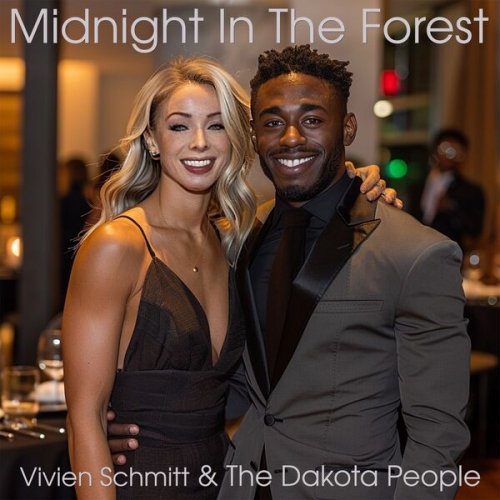Donna Brooks - Soft And Slow + I'll Take Romance (Remastered) (2024)
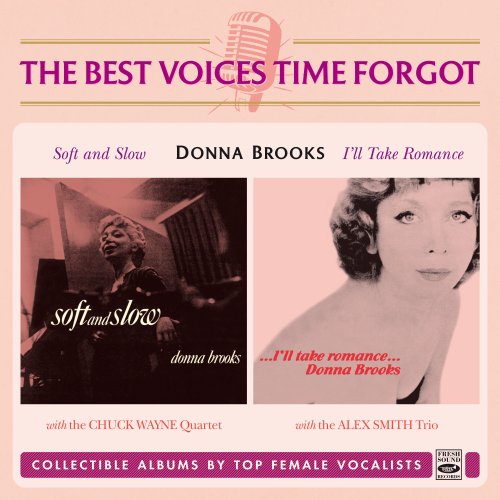
Artist: Donna Brooks, Bobby Scott, Alex Smith, Chuck Wayne, Milt Hinton, Paul Worthington, William Exiner, Angelo Paoli
Title: Soft and Slow + I'll Take Romance (EP+LP on 1 CD)
Year Of Release: 2024
Label: Fresh Sound Records
Genre: Jazz, Vocal Jazz
Quality: FLAC (tracks)
Total Time: 45:19
Total Size: 287 MB
WebSite: Album Preview
Tracklist:Title: Soft and Slow + I'll Take Romance (EP+LP on 1 CD)
Year Of Release: 2024
Label: Fresh Sound Records
Genre: Jazz, Vocal Jazz
Quality: FLAC (tracks)
Total Time: 45:19
Total Size: 287 MB
WebSite: Album Preview
1. Gone With The Wind (feat. Bobby Scott, William Exiner, Milt Hinton & Chuck Wayne) [Remastered] (02:35)
2. Lullaby Of The Leaves (feat. Bobby Scott, William Exiner, Milt Hinton & Chuck Wayne) [Remastered] (02:35)
3. The Things We Did Last Summer (feat. Bobby Scott, William Exiner, Milt Hinton & Chuck Wayne) [Remastered] (02:44)
4. What More Can A Woman Do? (feat. Bobby Scott, William Exiner, Milt Hinton & Chuck Wayne) [Remastered] (03:03)
5. I'll Take Romance (feat. Angelo Paoli, Paul Worthington & Alex Smith) [Remastered] (01:54)
6. Full Moon And Empty Arms (feat. Angelo Paoli, Paul Worthington & Alex Smith) [Remastered] (02:40)
7. Old Folks (feat. Angelo Paoli, Paul Worthington & Alex Smith) [Remastered] (04:18)
8. I Didn't Know What Time It Was (feat. Angelo Paoli, Paul Worthington & Alex Smith) [Remastered] (02:47)
9. You're Nearer (feat. Angelo Paoli, Paul Worthington & Alex Smith) [Remastered] (02:04)
10. You'd Be So Nice To Come Home To (feat. Angelo Paoli, Paul Worthington & Alex Smith) [Remastered] (02:07)
11. You Make Me Feel So Young (feat. Angelo Paoli, Paul Worthington & Alex Smith) [Remastered] (02:51)
12. A Stranger In Town (feat. Angelo Paoli, Paul Worthington & Alex Smith) [Remastered] (03:28)
13. The Lamp Is Low (feat. Angelo Paoli, Paul Worthington & Alex Smith) [Remastered] (02:21)
14. An Occasional Man (feat. Angelo Paoli, Paul Worthington & Alex Smith) [Remastered] (02:39)
15. Love Is A Fool (feat. Angelo Paoli, Paul Worthington & Alex Smith) [Remastered] (04:48)
16. You Came A Long Way From St. Louis (feat. Angelo Paoli, Paul Worthington & Alex Smith) [Remastered] (02:18)
Soft and Slow
Artistically known as Donna Brooks, Louise Smith (1926-2009), a native of Philadelphia, was a classically trained singer who switched to supper clubs and wound up in New York as a production singer at the Roxy Theatre. Under the tutelage of Mat Mathews, she moved into jazz. As she put it, “I started to like jazz… I lowered my range about two octaves, and overnight, I found myself.” “Soft and Slow” marked her fine debut. Donna’s main charm was her throaty, full voice, respect for lyrics, and pleasing vocal texture. She was easy to listen to and was certainly several cuts above most pop vocalists. Naturally, it was important to her that the substance of the song be worthy, and for this collection, she harvested some of the better bits of romantic poetry that existed in wisps among the voluminous mediocrities of Tin Pan Alley. Backing Donna was a group notably tailored to her own approach—imaginative and swinging. It was the Chuck Wayne Quartet, with the incomparable Chuck on guitar, Bobby Scott on piano, Milt Hinton on bass, and Billy Exiner on drums.
I'll Take Romance
“Donna sang with that withholding quality which I admired in singers and in a Carmen McRae manner (generally not an imitation, mind you, but an adaptation, not at all strange when you considered that she studied with Mat Mathews, who did most of Carmen’s early recordings),” wrote Metronome editor Bill Coss. Certainly, her efforts in this album, “I’ll Take Romance,” defined more than pleasant efficacy with an intimate form of jazz expression. She had fine assistance here from a trio composed of pianist Alex Smith (her husband), bassist Paul Worthington, and drummer Angelo Paoli. The essence of Donna’s charm lay in her careful, thoughtful delivery of lyrics, and a gratifying facility for full enunciation of words while seasoning with appropriate feeling and shading. It was all the more refreshing in this period of jazz vocalists so severely instrumentalizing as to sacrifice the story of the song almost completely.
Artistically known as Donna Brooks, Louise Smith (1926-2009), a native of Philadelphia, was a classically trained singer who switched to supper clubs and wound up in New York as a production singer at the Roxy Theatre. Under the tutelage of Mat Mathews, she moved into jazz. As she put it, “I started to like jazz… I lowered my range about two octaves, and overnight, I found myself.” “Soft and Slow” marked her fine debut. Donna’s main charm was her throaty, full voice, respect for lyrics, and pleasing vocal texture. She was easy to listen to and was certainly several cuts above most pop vocalists. Naturally, it was important to her that the substance of the song be worthy, and for this collection, she harvested some of the better bits of romantic poetry that existed in wisps among the voluminous mediocrities of Tin Pan Alley. Backing Donna was a group notably tailored to her own approach—imaginative and swinging. It was the Chuck Wayne Quartet, with the incomparable Chuck on guitar, Bobby Scott on piano, Milt Hinton on bass, and Billy Exiner on drums.
I'll Take Romance
“Donna sang with that withholding quality which I admired in singers and in a Carmen McRae manner (generally not an imitation, mind you, but an adaptation, not at all strange when you considered that she studied with Mat Mathews, who did most of Carmen’s early recordings),” wrote Metronome editor Bill Coss. Certainly, her efforts in this album, “I’ll Take Romance,” defined more than pleasant efficacy with an intimate form of jazz expression. She had fine assistance here from a trio composed of pianist Alex Smith (her husband), bassist Paul Worthington, and drummer Angelo Paoli. The essence of Donna’s charm lay in her careful, thoughtful delivery of lyrics, and a gratifying facility for full enunciation of words while seasoning with appropriate feeling and shading. It was all the more refreshing in this period of jazz vocalists so severely instrumentalizing as to sacrifice the story of the song almost completely.
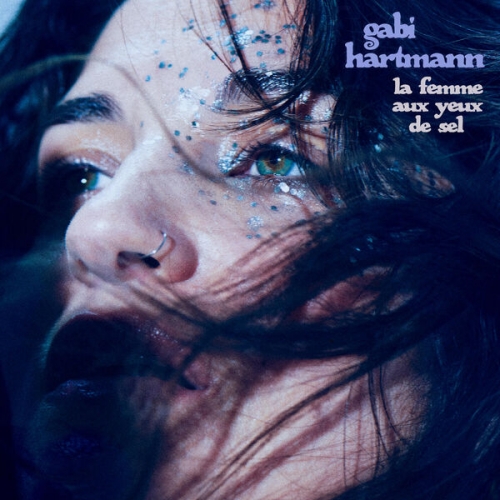
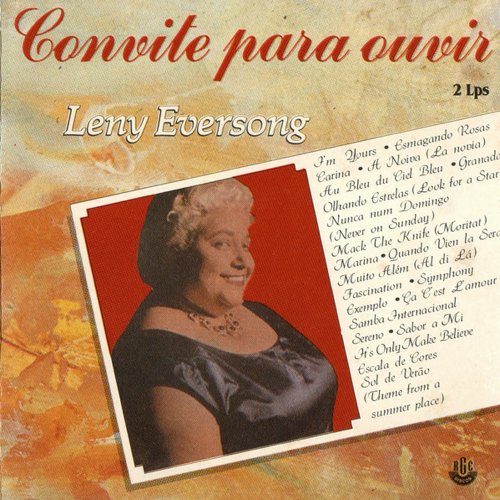
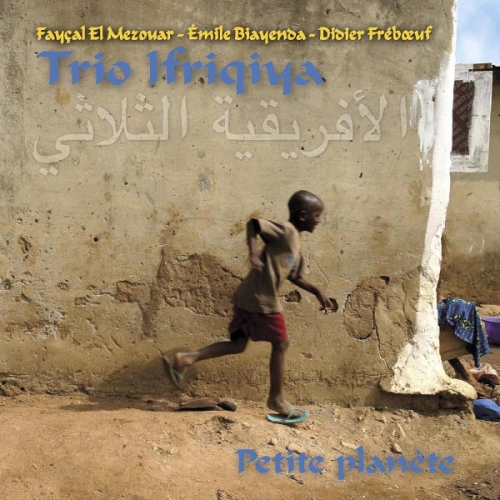
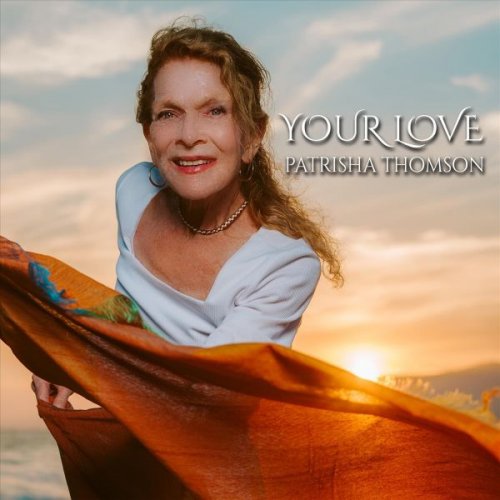
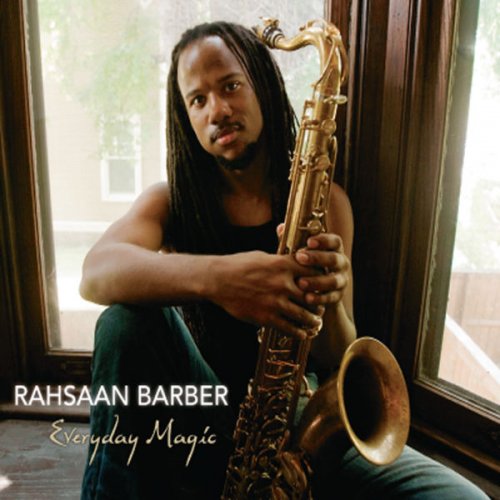
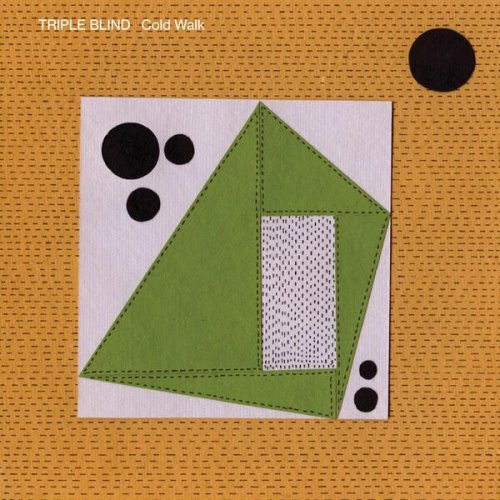
![Booker Stardrum - Close-up On The Outside (2026) [Hi-Res] Booker Stardrum - Close-up On The Outside (2026) [Hi-Res]](https://img.israbox.com/img/2026-02/26/hpg09p4i0w4yrzyjek6j087fv.jpg)
